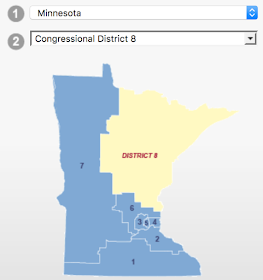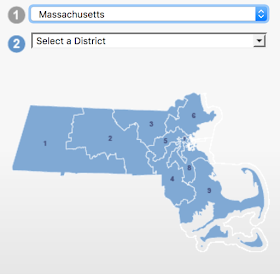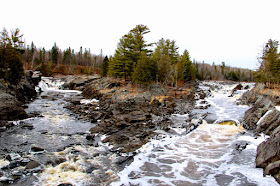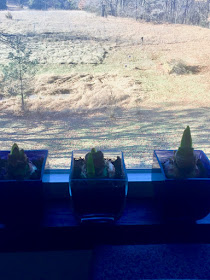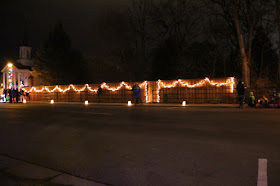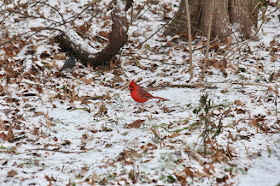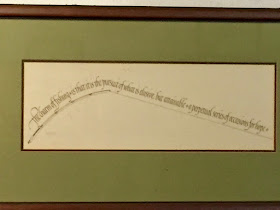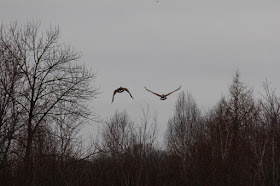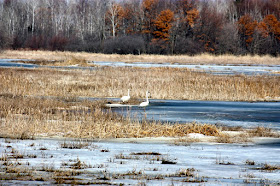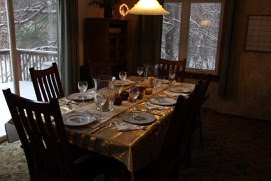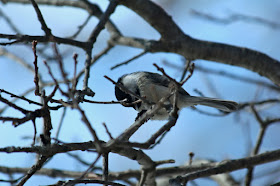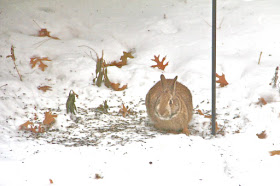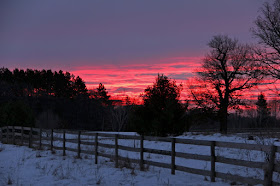 |
| 'tis Christmas cookie season!
Photo by J. Harrington
|
Thus far there's been no sign or talk about Christmas cookies or a gingerbread village. We're not sure whether to harass the Better Half and the Daughter Person or to simply take matters into our own hands. (Or, maybe, when the Better Half reads this she'll take the hint.)
 |
| and time to visit the Gingerbread Village
Photo by J. Harrington
|
If not, since we can bake bread, we can probably handle gingerbread and cookie dough, right? But, to be honest, we're much better at munching than baking Christmas treats. Christmas cookie thoughts seem to be as nice a way as any, or at least as any we can think of, to bring November to a close. Tomorrow will be December 1, a definitive beginning to the holiday season. Then it's only 20 Days more until Winter solstice.
If you're inclined to celebrate the solstice, you might enjoy this piece we discovered this morning, in which Robert Macfarlane describes The Eeriest Novel I Know. We're tempted, very tempted, to see if it's available through our local library. (It is and we placed it on Hold.) Christmas provides a perfect cover for indulging in our second, third or fourth childhood. Now we have something to read while we enjoy our cookies.
Eating the Cookies
The cousin from Maine, knowing
about her diverticulitis, let out the nuts,
so the cookies weren’t entirely to my taste,
but they were good enough; yes, good enough.
Each time I emptied a drawer or shelf
I permitted myself to eat one.
I cleared the closet of silk caftans
that slipped easily from clattering hangers,
and from the bureau I took her nightgowns
and sweaters, financial documents
neatly cinctured in long gray envelopes,
and the hairnets and peppermints she’d tucked among
Lucite frames abounding with great-grandchildren,
solemn in their Christmas finery.
Finally the drawers were empty,
the bags full, and the largest cookie,
which I had saved for last, lay
solitary in the tin with a nimbus
of crumbs around it. There would be no more
parcels from Portland. I took it up
and sniffed it, and before eating it,
pressed it against my forehead, because
it seemed like the next thing to do.
********************************************
Thanks for visiting. Come again when you can.
Please be kind to each other while you can.
